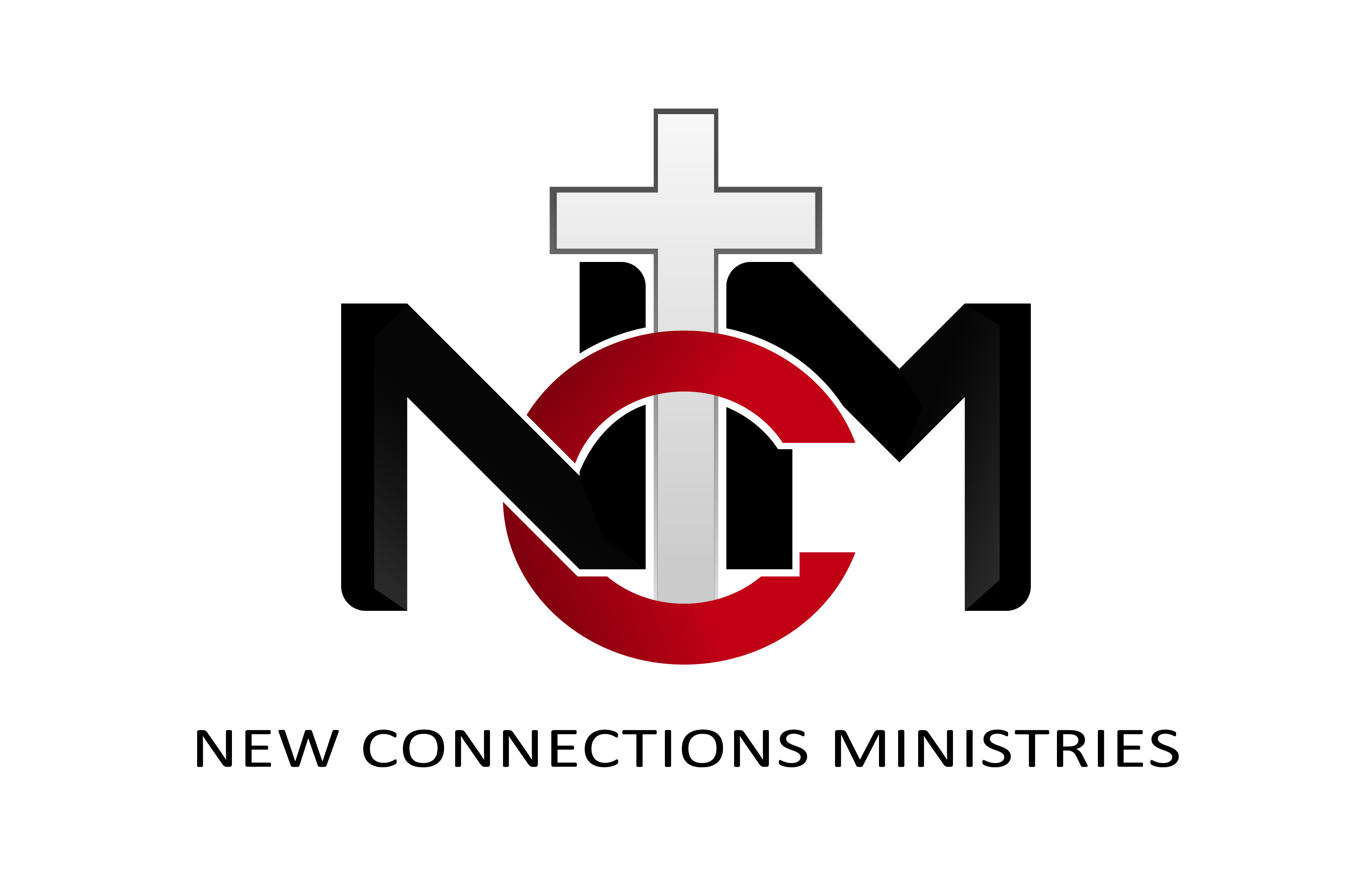Pride is considered by many scholars and theologians to be the 'father of all sins,' and the first of the 'seven deadly sins' compiled first by the early church and later by the Roman Catholic Church. Although there is no official list of these sins in scripture, all of the seven sins—pride, greed, envy, wrath, lust, gluttony and sloth—are mentioned in scripture (Proverbs 6:16-19, Galatians 5:19-21).
Pride is the sin that caused Lucifer ('lightbearer') to rebel against God, desiring to be like God and usurp His kingdom. In the process, Lucifer deceived a third of the host of heaven to follow him and be expelled from heaven. Later, after Lucifer (who was given the title The Satan[ accuser]) successfully tempted Eve into sinning in the Garden of Eden, thereby causing the Fall, subsequently plunging humanity into the curse of original sin.
In this seven-part series, I will explore the confusion of distinguishing 'good' pride from the pride we most commonly hear about in scripture: the cardinal sin of pride. I will then explore the many 'faces' of pride and it's often deceitful manifestations in the human heart and what that might mean for the recovering addict. I'm no biblical expert on sin, just a fellow servant of Christ yearning to understand sin and how best to deal with it by Yahweh's standard.
It is my hope in this exploration that God's grace—through the discernment of the Holy Spirit—will enlighten all of us, myself especially, to the potential threat that pride poses to our relationships with other people, and ultimately, to our walk with Christ.
Part One: The Power of Language: Virtue or Sin for the Addict?
When it comes to discerning virtue from sin, the power of language should never be underestimated.
Famed psychologist, author and speaker, Jordan Peterson, recently said in an interview with popular podcastor Joe Rogan, that, “word meaning is determined by usage,” and that, “the authoritative usage of words is most greatly influenced by fundamental works of literature in the culture, such as Shakespeare, Dante, and Milton. Underlying this great literature is the Bible,” asserted Peterson. He continued by explaining that the Bible is not merely the truth but moreover, “the prerequisite for the manifestation of the truth.” He further explained that to acknowledge that, “is the only way to solve the problem of perception.”
Profound words coming from an unbeliever, who, at best would hold to an agnostic view of God, possibly on a truth-seeking journey. Yet, even someone who doen't profess faith in any deity admits that the quandary of perceiving truth can only be resolved by a sound cognizance of the language of the Bible.
You don't have to look far to see that in today's biblically illiterate world of microwave, 'fastfood' information via social media, Peterson's statement rings truer than ever, particularly when it comes to one's view of what constitutes virtue or sin. What we perceive to be truth, echoing Pontius Pilate's question to Christ, can be altered within a generation simply by amending the meaning of a word, which, depending on the cultural significance of that word, can steer the very ethos of a generation, like the human tongue can steer the course of a person's life, similar to how a tiny rudder can steer a ship (James 3:4-5).
Download article to continue reading....
Download full article

